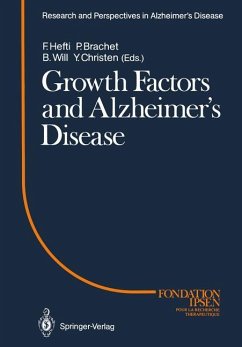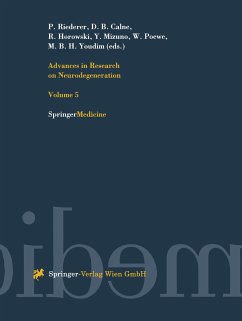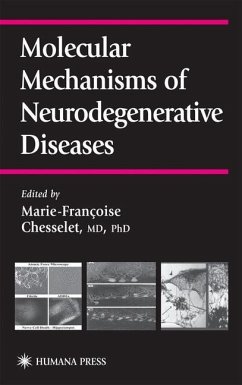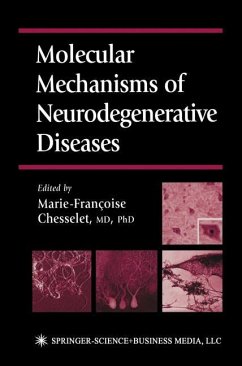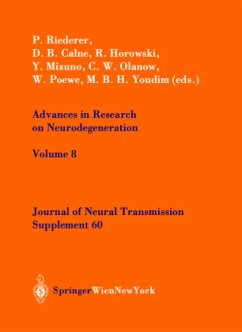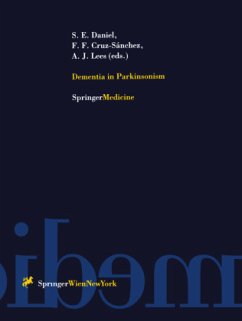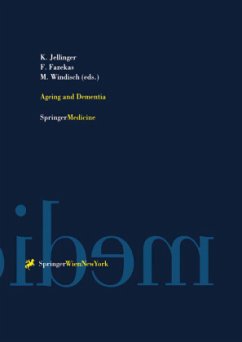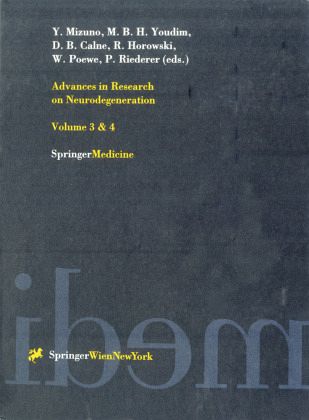
Advances in Research on Neurodegeneration
3 & 4
Herausgegeben von Mizuno, Y.; Youdim, M.B.H.; Calne, D.B.; Horowski, R.; Poewe, W.
Versandkostenfrei!
Versandfertig in 1-2 Wochen
39,99 €
inkl. MwSt.

PAYBACK Punkte
20 °P sammeln!
Neurodegeneration is one of the most important subjects of the investigation now and in the coming 21st century. Alzheimer's disease is the leading cause of dementia in the elderly people and Parkinson's disease is one of the major neurologic disorders with the prevalence between 1 and 2/1 000 population in advanced countries. Many others are suffering from intractable neurodegener ative disorders such as amyotrophic lateral sclerosis, Huntington's disease, or spinocerebellar degeneration. No truly effective treatment is available for any of these neurodegenerative disorders except for Parkins...
Neurodegeneration is one of the most important subjects of the investigation now and in the coming 21st century. Alzheimer's disease is the leading cause of dementia in the elderly people and Parkinson's disease is one of the major neurologic disorders with the prevalence between 1 and 2/1 000 population in advanced countries. Many others are suffering from intractable neurodegener ative disorders such as amyotrophic lateral sclerosis, Huntington's disease, or spinocerebellar degeneration. No truly effective treatment is available for any of these neurodegenerative disorders except for Parkinson's disease; even in Parkinson's disease, still it is impossible to slow down the disease process with the currently available treatment. It is urgently needed to develop new effective technique to halt or slow down the disease process in each of those disorders. Recent advance in the molecular biological and molecular genetic technique has brought us great progress in the understanding of etiology and pathogenesis of these disorders, but still it is not known how neurons are going to die in these disorders. To explore the question, mutual cooperation and exchange of ideas between basic scientists and clinical peoples are of utmost importance.





